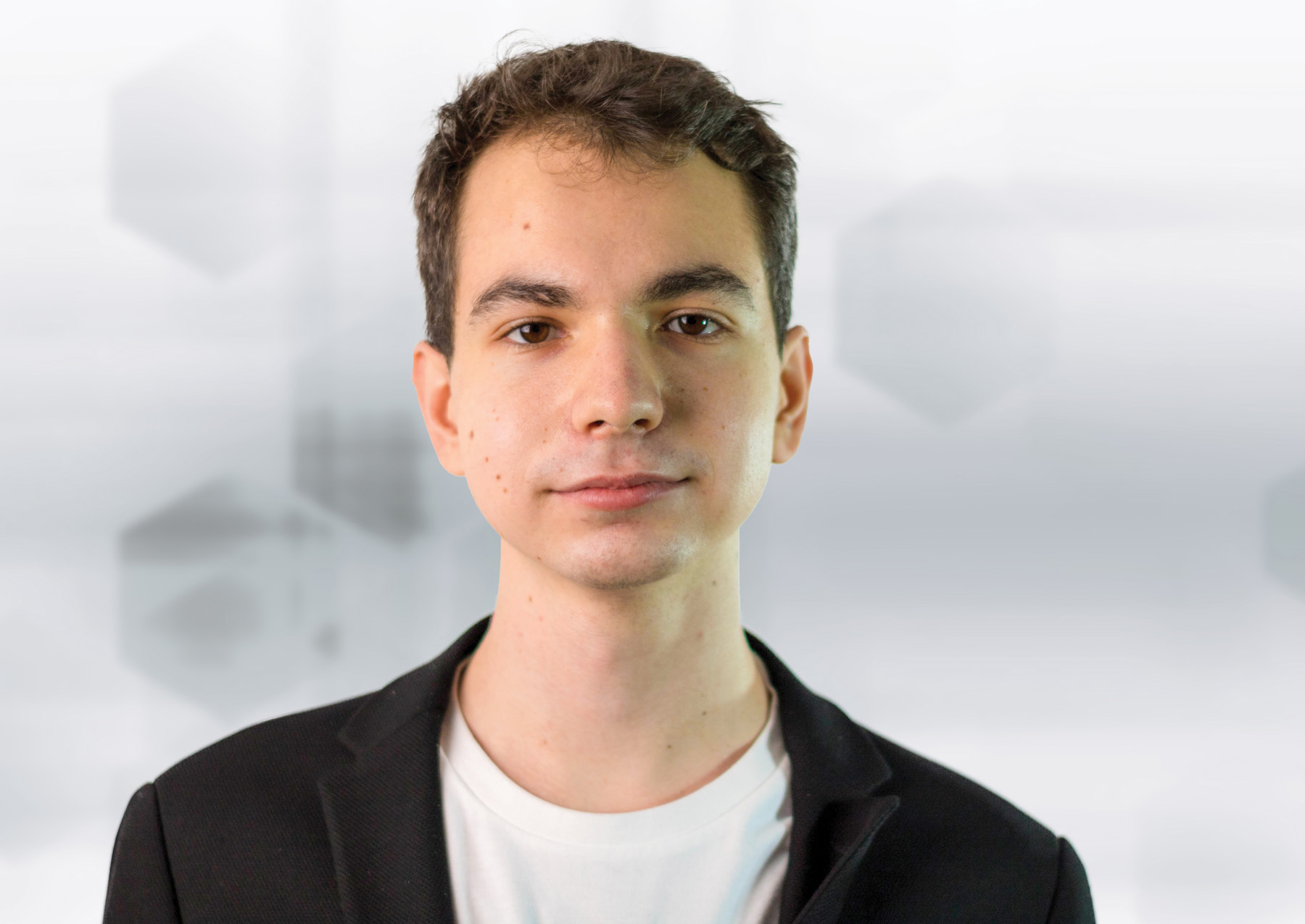Shaping the Future: The Developer Redefining Fintech and Blockchain at 18
At only 18 years old, Ion Orins landed a full-time role at Modex, a fintech and blockchain company, after impressing executives at a hackathon. Two years later, he was named in Forbes Romania’s 30 Under 30 for his contributions to software development. Now, as fintech, AI, and blockchain continue to evolve at breakneck speed, he’s at the forefront, pushing the boundaries of what’s possible.
In this exclusive interview, we discuss his early career, the technologies set to redefine finance, and how AI is reshaping the future of work.
A Fast Start in Fintech
Unlike many developers who enter fintech after years of experience, Orins’ journey began almost immediately.
“I first encountered Modex at a hackathon they sponsored,” he recalls. “One of their executives recognised my potential and invited me to intern with them, which led to a full-time offer.”
Joining a fast-moving industry at such a young age came with challenges, but he saw it as an advantage. “My flexibility and openness to new ideas helped me quickly adapt to shifting paradigms.”
By 2022, his work had earned him a place on Forbes Romania’s 30 Under 30 list. Reflecting on what set him apart, he credits his “natural curiosity” and “active involvement in entrepreneurial circles,” alongside a drive to push the boundaries of what technology can achieve.
The Technologies Redefining Finance
The fintech and blockchain landscape has seen rapid transformation over the past few years, but what’s next?
“AI is key,” Orins says. “It can make technology more accessible by customising experiences to the user’s level of understanding, overcoming language barriers, and providing intuitive, universal interfaces. The result? A more inclusive and user-friendly evolution.”
One of the most exciting applications of AI in financial services, he notes, is the rise of AI-powered personal finance agents. “These tools can offer tailored financial advice, automate routine tasks, and even monitor spending patterns—empowering users to make more informed decisions.”
Still, as AI’s influence grows, so does the debate around regulation. While some advocate for stricter oversight, Orins takes a different stance.
“I believe that, at present, AI regulation should remain relatively light. The benefits of rapid innovation far outweigh the risks,” he argues. Pointing to California’s now-infamous AI bill as an example of restrictive legislation that could stifle progress, he suggests a more balanced approach: “The UK’s model, which focuses on regulating specific use cases, might be more effective.”
AI’s Impact on Developers and the Business of Tech
Beyond finance, AI is also transforming the way developers work. Tools like GitHub Copilot are reshaping software engineering, and Orins sees the shift firsthand.
“There’s a learning curve in getting used to these tools,” he admits. “But as developer-AI interfaces improve, that barrier will shrink.” Interestingly, he predicts an industry-wide shift towards open-source frameworks. “Because AI models are trained on open data, developers using open-source tools gain a productivity advantage. That could push more companies to open-source their tools to stay competitive.”
He personally treats AI as “a knowledgeable colleague” that helps him save time on repetitive tasks, allowing him to focus on creative problem-solving.
As for fintech’s future, the relationship between traditional banks and blockchain-based solutions remains a key question. Will banks embrace decentralised finance (DeFi), or will they hold back?
“I believe that the very existence of decentralised solutions serves as a powerful motivator for banks to innovate,” he says. “Whether they adopt blockchain or create alternative solutions doesn’t matter as much as the end result—a more enhanced and accessible financial experience for consumers.”
Staying Ahead in a Fast-Paced Industry
With technology evolving at an unprecedented pace, how does Orins stay ahead of the curve?
“I nurture a deep passion and curiosity for emerging technologies,” he says. “I constantly seek to understand how new innovations work and where they can be applied.”
For young developers looking to break into fintech and blockchain, his advice is clear: focus on AI. “Its potential is vast, and it’s opening up a world of exciting opportunities.”
So, what’s next?
“I’m keen to explore AI-driven workflows that can enhance both personal and professional productivity. I’m also fascinated by augmented reality as a platform for collaborative creativity—something that could democratise art and make it more accessible.”
With his track record of innovation, it’s safe to say that wherever fintech, AI, and blockchain are headed next, Orins will be right at the centre of it.
